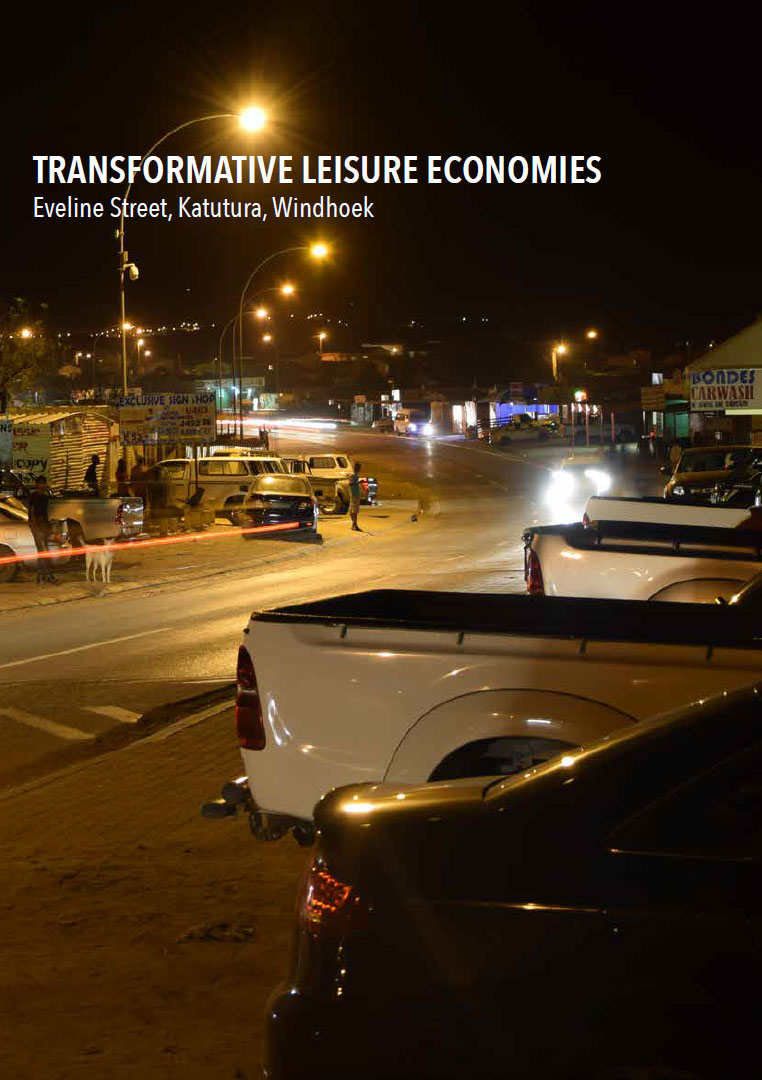The role of the leisure economy in South African townships is a subject of policy controversy and political concern. An important part of the leisure economy are businesses linked to drinking and alcohol sales in general, and those enterprises associated with night-time leisure activities. The range of implicated businesses is diverse, and includes bars, restaurants, street food establishments, entertainers and musicians, and businesses providing services such as car guards, car washers, hair salons, etc. The Sustainable Livelihoods Foundation’s (SLF) research in nine South African townships shows that these sectors comprise about 25% of all micro-enterprise activities. Given the significance of the leisure economy, the developmental implications of regulatory policies towards liquor sales requires careful consideration. One of these implications relates to the need to remake African cities in ways that can overcome the rigid planning of colonial segregation and spatial strategies that sought to regiment working-class livelihoods in dormitory settlements. In the Global North, leisure activities have had an important role in reshaping
the nature of cities, stimulating economic growth whilst simultaneously eroding old orders of spatial exclusion. We examine the theoretical debates on these processes, arguing that the transformative possibilities of the (night-time) leisure economy have yet to be extended to the township environment.

